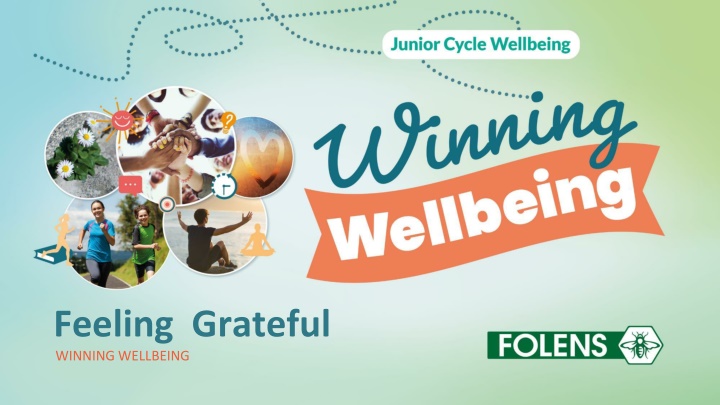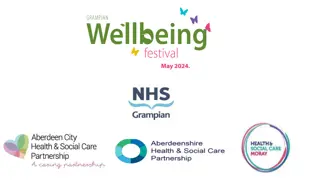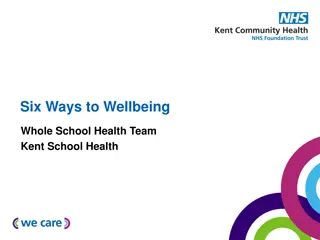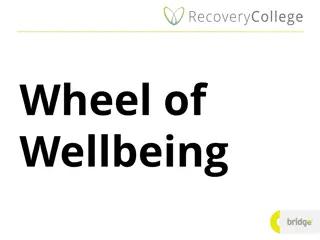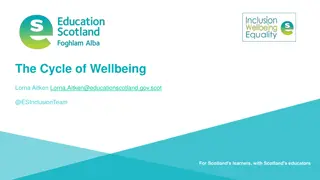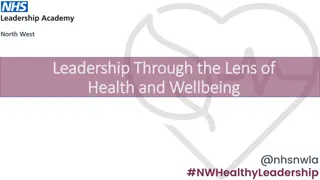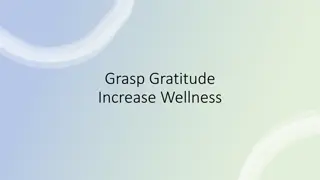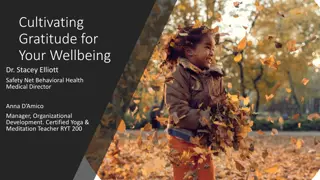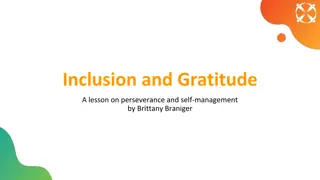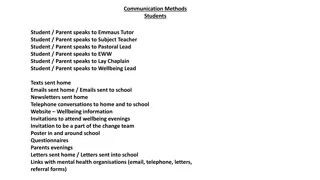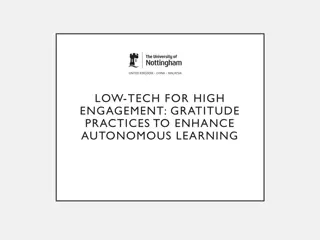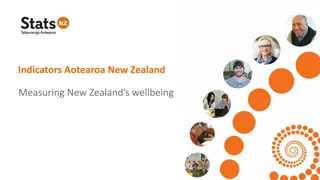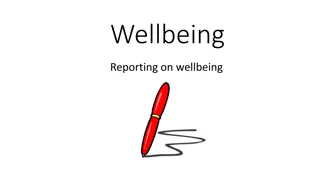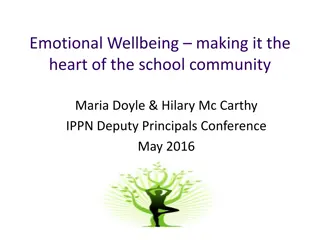The Power of Gratitude in Enhancing Wellbeing
Gratitude is a potent tool that can significantly impact mental health and overall wellbeing. Studies have shown that practicing gratitude can lead to improved mental health outcomes, greater happiness, increased life satisfaction, and better relationships with others. Developing a habit of gratitude not only boosts personal resilience but also enhances generosity and helpfulness towards others.
Download Presentation

Please find below an Image/Link to download the presentation.
The content on the website is provided AS IS for your information and personal use only. It may not be sold, licensed, or shared on other websites without obtaining consent from the author.If you encounter any issues during the download, it is possible that the publisher has removed the file from their server.
You are allowed to download the files provided on this website for personal or commercial use, subject to the condition that they are used lawfully. All files are the property of their respective owners.
The content on the website is provided AS IS for your information and personal use only. It may not be sold, licensed, or shared on other websites without obtaining consent from the author.
E N D
Presentation Transcript
Feeling Grateful WINNING WELLBEING
Gratitude is a vaccine, an antitoxin, and an antiseptic. John Henry Jowett, 1863 1923
Study by Wong, Owen, Gabana & Gilman (2015): College students receiving mental health counselling (for depression/anxiety) were given these additional therapies: Group 1: Write one letter of gratitude to another person weekly for 3 weeks Group 2: Write about their deepest thoughts and feelings about stressful experiences Group 3: No writing activity Results: Group 1 reported significantly better mental health than the other groups one month after the writing exercise ended, then again three months after.
An attitude of gratitude means making it a habit to say thank you in all areas of your life, daily, for both the big and the small things.
Gratitude increases happiness and life satisfaction. People who are grateful are more resilient to stress. People who are grateful get along better with others. People who are grateful are less depressed. People who are grateful achieve more. People who are grateful are more helpful and generous.
You may not feel much the first few times you practise. Thats natural. Gratitude sort of needs to be awakened for us to fully experience it. The more you practise, the stronger the feelings tend to become. By taking the time to notice the good things that happen to you and around you, it helps to make you happier. Developing a habit of noticing these good things and being grateful for them, is what we mean by having an attitude of gratitude .
1. Look around the class and notice the many things you have to be grateful for. 2. Turn to your partner and ask them what things they noticed. Did you have any similarities?
Everyone likes getting compliments! When we are grateful for something somebody has done, we can show that we appreciate them, by giving them a compliment. Turn to the person beside you now and give them a genuine compliment.
Activity As a class, why not try creating a gratitude collage, using pictures from magazines that show things that you are grateful for? The collage can include items that you are into, including mobile phones. Then hang the collage in your room to remind yourselves to always be grateful for what you have.
